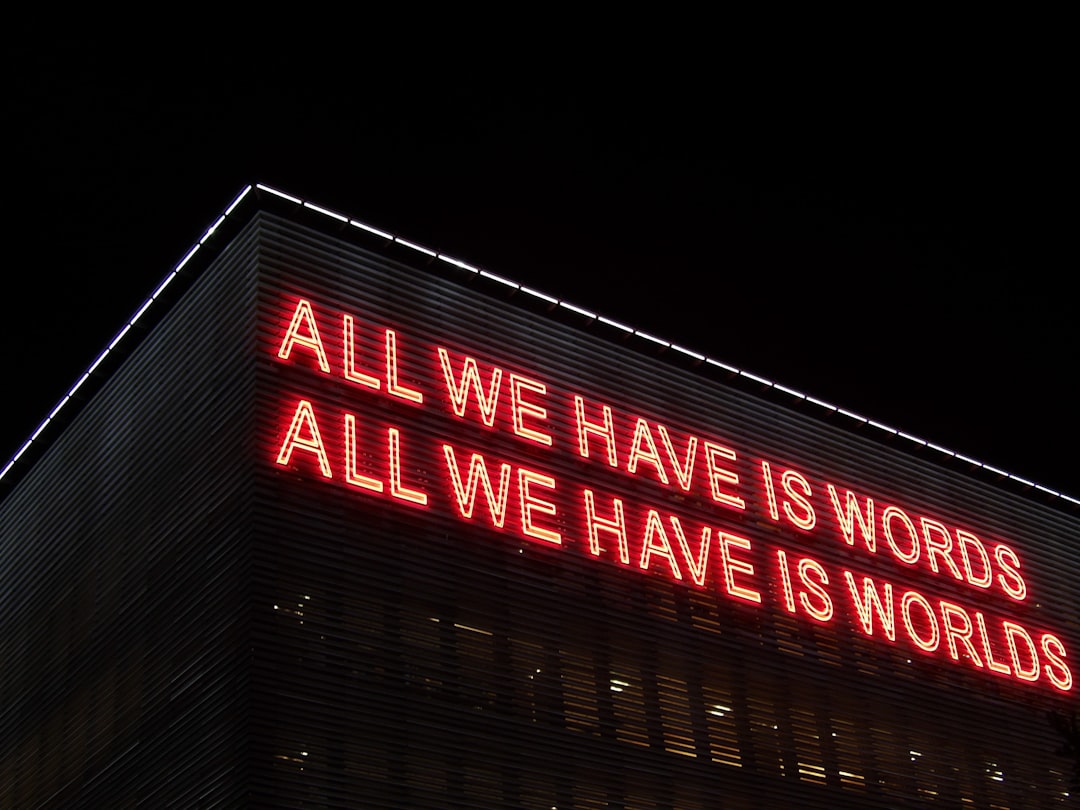This week I have interviewed three women on Woman's Hour, whose words have stopped people in their tracks and rightly so.
First came Merry Varney, the lawyer for the Russell family, helping them taking on the big tech giants after their beloved daughter Molly took her own life in 2017 aged 14. Last week at an inquest into wh…


